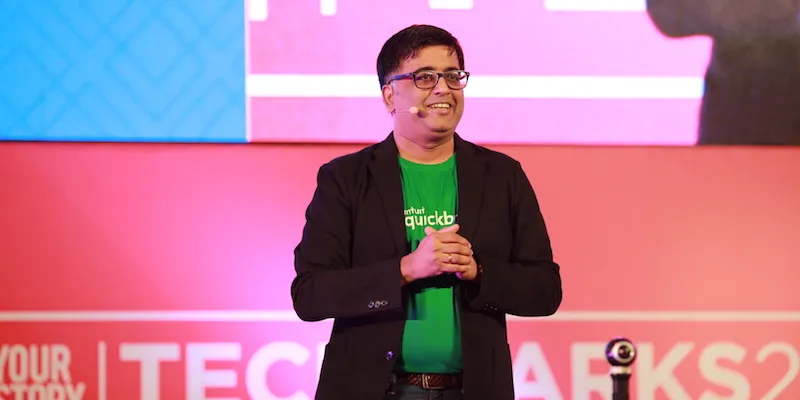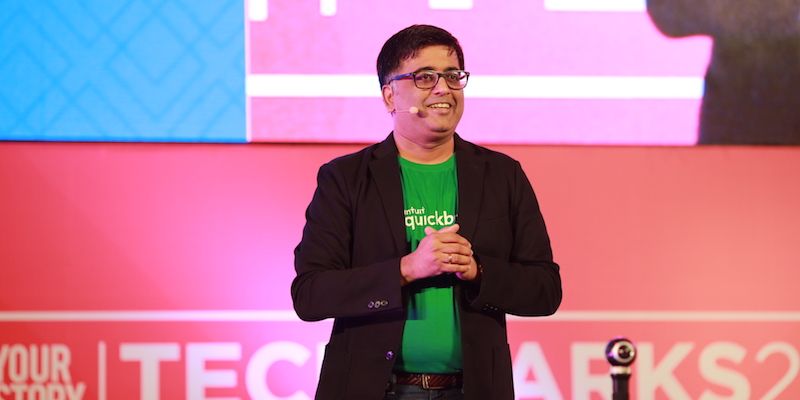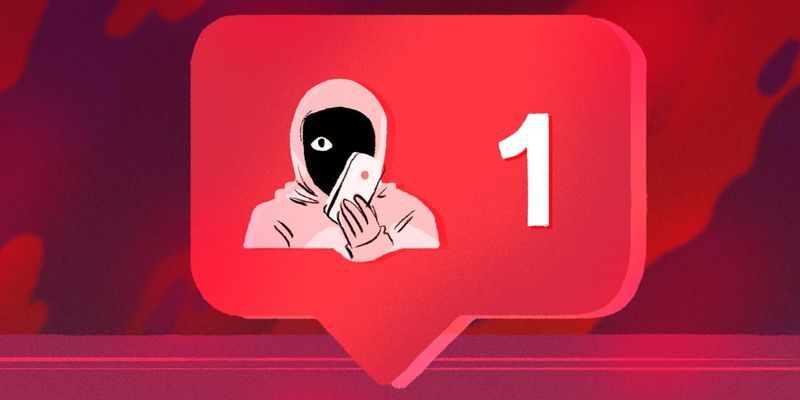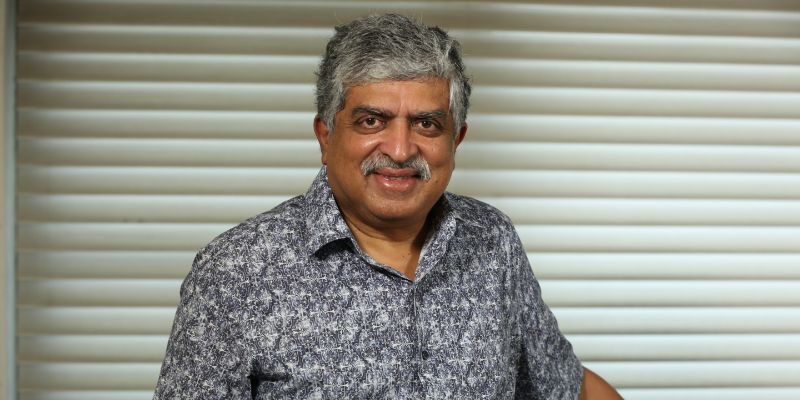TechSparks 2017: Intuit’s Nikhil Rungta says why businesses should have OCD or obsessive customer devotion
The customer is the king.
Markets thrive on this dictum. Some of the most successful businesses that have survived the test of time are testimony to the fact that being customer focused is a sustainable way of growing your business. While brand building is crucial, at the end of the day, it’s the customer who gets to decide what product will run in the market and what won’t. So it’s important that businesses adopt a customer-oriented model.
This was the focus of a talk by Nikhil Rungta, MD at Intuit India, on Day 2 at the recently-concluded TechSparks 2017. Rungta started by mentioning OCD – Obsessive Customer Devotion - and how businesses need to embrace it.
Rungta says he was introduced to OCD as a child when he watched his entrepreneur father practise this. “Dinner table conversations were about how he could give his customers what he promised them. Even if it meant spending days and nights away from the family, he would ensure that he served the customers he had promised to serve. As a kid that was a huge inspiration,” he said.

Rungta then mentioned his experience of working for Google and Reliance. “Google is a very deeply consumer and product obsessed company. They work on the principle of ‘know the customer, know the magic (the product), and connect the two’. I also had an opportunity to work for the team building Reliance Jio, and we were constantly pushing ourselves to make consumers lives easier. In the case of Jio, our challenge was to bring down the time it took for a sim to be activated from 48-72 hours, to five minutes,” he said.
Eventually, they were successful in achieving this seemingly impossible task. Rungta shared this advice with the audience. “Ask yourself if you are pushing yourselves enough. Set those goals (which may seem impossible and then try and go for them).”
Some of the biggest names in the business world are thriving because they practise OCD. He even cited two examples of OCD. The first was from Amazon. During a Black Friday sale, the price of a gaming DVD mentioned in the customer communication was $10 less than the actual price on the website. When they discovered the error after the sale, Jeff Bezos said this amounted to “cheating” the customer. He asked his team to return the $10 to anyone who had purchased the DVD at the higher price, offer the product at the discounted price for 24 hours and even put out a press release apologising to the customers for the error. This, Rungta said, demonstrated true customer obsession.
The second example was the Tony Hsieh pizza story, where the Zappos CEO proved his company’s commitment to customer service. After a sales conference, Hsieh and a group of friends came back to his hotel. His friends wanted to order a pizza but the hotel kitchen was closed. Hsieh bragged to his friends that if they called the Zappos customer service and asked for numbers for a 24-hour pizza delivery, they would not be disappointed. That’s exactly what happened. When they called Zappos, they were immediately given several numbers by the customer service representative, attesting to Hsieh’s faith in the service orientation of his brand.
According to him, you should be able to give the customer what you’ve promised them, as that’s how you can earn their loyalty. Loyal customers don’t come easily. Businesses need to have one-on-one engagement with them, listen to their feedback, and let them know that they matter. He said, “The idea behind OCD is to put all your energy into making the customer happy and taking care of him or her.” In other words, how customer-obsessed you are, is directly proportional to the number of loyal customers that you gain.
Rungta also believes that companies should focus on the problem instead of only looking at the solution. Explaining the reason for this, he said, “You need to understand the importance of the problem before you focus on the solutions. If you don’t fall in love with the problem, then chances are that you won’t find the best solutions.”
But how does one take to the OCD route? Rungta had a few pointers. According to him, one of the first rules is to know your customer. “If you target anybody and everybody, you might not be able to create a product that will be liked by your customer base. Targeting the right customer is of utmost importance,” he added.
The second, he said, was to train your gut. “The more customers you interact with, the better gut feeling you get about what they need,” he said.
The third, he said, was to savour the surprises that you came face to face with during customer interactions. According to him, that’s where the ideas to build and improve the product come.
The last point, and a very important one according to him, was to follow the rule that the ‘customer breaks all ties’. Whenever there is an internal impasse between teams within a startup about which solution to pick, Rungta’s advice is to always go with the one that would benefit the customer the most.
He signed off by asking founders in the audience to lead from the front, and ensure that customer obsession permeates throughout the organisation. “As an entrepreneur, there are several aspects of business that are out of your control, including exchange rates, technology and finance. But getting customers, taking care of them and retaining them- that’s your job.”











